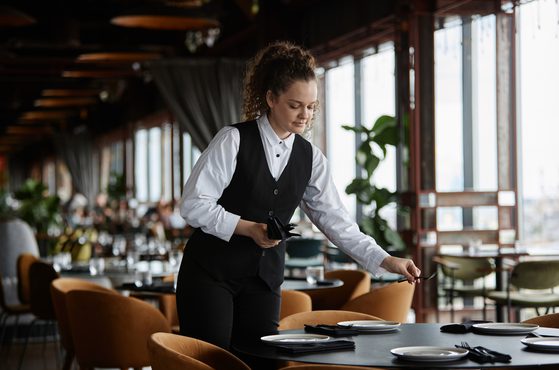Read more

Influencers & Content Creators FAQs
Discover our services for influencers, content creators, brands and agenciesFAQs for influencers & content creators
A contract can be agreed informally (for example, through DMs or even a phone/video call). The difficulty with informal agreements is that you may not have agreed all of the relevant issues. Where verbal contracts are concerned, the problem is that your recollection of what was agreed may not be the same as that of the brand and/or agency.
This is why lawyers always recommend that you ‘get it in writing’. If a problem develops further down the line, this will save you time and money, as you won’t first have to establish whether one of the parties to the contract has breached an obligation that they have agreed to.
We therefore recommend that you follow up any conversation or DMs about influencer contract terms with an email to the brand or agency. This should set out what you understand to have been agreed. This practice should always be followed, even if you’ve been working with a brand or agency for a while and have a good relationship.
The key issues to consider include:
- What are you being paid to do? Make sure to describe your obligations in full and set out any agreed exclusions (things that you're not required to do).
- How much you will be paid?
- When you will be paid? Are there any KPIs?
- Who is going to pay you? Do you have the company’s full trading name and address, as well as the full name and email address of the person that you’re negotiating the contract with?
You may well have heard of the now infamous 2011 ‘monkey selfie’ case in the US. Under the relevant UK laws, the starting point for photo ownership is that whoever takes the photo, owns the photo.
However, if a dispute arises over photography ownership or the use of a photo that you believe you own, here are some basics as to where you stand.
If you’re a freelancer and there is a contract in place, your rights will depend on what your contract says. In some cases, you may be contracted to transfer all ownership rights (possession, management, use, exclusion and disposition) of the photo. In other cases, you may only be contracted to licence the use of the photo to the brand or agency for a particular context.
If you’re an employee, anything you create that falls within your job description will automatically be owned by your employer. If you want to own what you create outside of work, you must agree this in writing with your employer.
If the contract says nothing about ownership, you will own the photo and a licence will be in place for the agency or brand to use it for whatever uses were understood by you when you agreed to create the photo.
If a dispute arises, it’s best to seek legal advice right away.
KPIs (key performance indicators) are a common requirement from brands. If you don’t reach the agreed KPI, you won’t be paid.
Since it can be tricky to know whether it’s reasonable to agree to a KPI — as predicting what the latest trend will be during a campaign is nearly impossible — we recommend that you negotiate minimum KPIs to ensure payment for your efforts, as well as KPIs that reward your reach and community engagement.
When it comes to payment, written contracts usually include a clause that outlines the amount and frequency of payments.
If your contract is verbal, it’s best to raise the question politely in writing (by email or DM) and ask when you can expect payment. It may be that the brand or agency is waiting for an invoice from you.
Independent brands usually pay within 14 to 30 days from the completion of the work or receipt of an invoice, while bigger brands may take between 60 to 90 days to pay, depending on their policies and regulations.
We can help you to chase large unpaid debts and explain how you can claim for smaller debts.
The Advertising Standards Authority (ASA) has become stricter in recent years when it comes to the regulation of advertising and promotion by influencers, agencies and brands on social media.
It’s important to remember to use hashtags such as #AD, #GIFT and #SPONSORED to make it clear to your audience that your post or story is an advertisement resulting from a commercial relationship.
For a quick guide, check the ASA’s guidance for influencers and make sure to follow the procedures of the platform you’re using.
If you have any questions about the ASA rules for a complicated or controversial campaign, it's worth seeking help.
Related insights
Guaranteed hours contracts — how employers should prepare

Employment lawyer Lee Jefcott outlines three key steps for employers to take now to prepare for the new guaranteed hours contract landscape.
Read more
Venture Capital FAQs

Find answers to our most frequently asked questions about Venture Capital from our corporate lawyers.
Read more
